Between exposés on the rise of Evangelical Churches and photos of exorcisms, Brazil’s rise in Evangelical Christianity has in recent years become the subject of much media spectacle. But it would be a mistake to believe that this is Brazil’s only religion aside from Catholicism, which was brought to our shores with Portuguese colonizers in the 16th century. For several centuries, religious beliefs across Brazil have been anything but homogenous.
As freedoms grow, Brazil’s cultural melting pot has gradually found itself with a greater diversity of religions.
In 1940, 95 percent of Brazilians declared themselves Catholic – something that has changed radically in recent years. Neither of these facts are surprising; colonial settlers brought across Jesuit missionaries when they first arrived in Brazil, and although the 1891 Constitution separated ties between the Church and the State, it also established Catholicism as Brazil’s official religion.
But according to the 2010 Census, Catholics now make up 64.6 percent of the Brazilian population, including Brazil’s wealthiest ten percent and its poorest ten percent.
Brazil is far from homogenous when it comes to religion
Brazil’s colonizers were quick to bring across enslaved Africans, who also brought their own beliefs. Although the Brazilian census groups Candomblé and Umbanda together, forming 0.3 percent of the population, they are different religions with different roots. Candomblé is the result of African slaves being forcibly implanted in Brazil from diverse parts of their own continent, bringing with them a mixture of African religious beliefs and worshipping practices. While the Constitution officially enshrined Catholicism as Brazil’s official religion and didn’t outlaw other religions, Candomblé practices were designated as witchcraft.
The marks of this tradition endure to this day. Practitioners faced violent persecution for their beliefs and practices, including torture and being burnt alive. To hide their beliefs, Candomblé practitioners worshipped on secret terreiros, and celebrated their orixás (deities) on the same day as Catholic saints.
This tradition, known as religious syncretism, still continues; for example, believers still celebrate Ogum on St George’s Day and Iemanjá on February 2nd, when the Catholic Church celebrates the Virgin Mary’s purification. Although Candomblé is now recognized as a religion, believers are still the biggest targets of religious intolerance crimes in Brazil.
Umbanda, meanwhile, emerged at the beginning of the 20th century. Incorporating Afro-Brazilian, indigenous and Catholic elements, Umbanda is actually an offshoot of Spiritism. Umbandistas, consequently, have never faced the same popularity nor persecution as Candomblé.
Spiritism, or Kardecism, is newer to Brazil than Candomblé, but currently accounts for some 3.8 million Brazilians, or two percent of the population. Founded in 1854 by French educator and translator Hippolyte Léon Denizard Rivail, using the pen name of Allan Kardec, Spiritism was well established in Brazil by the mid-1880s. It proposes the study of “the nature, origin, and destiny of spirits, and their relationship with the corporeal world”, and has also grown slowly in recent years – between 2000 and 2010, more than 1 million Brazilians declared themselves Spiritists.
There are more traditional religions than you might think
More mainstream religions, too, make up some of Brazil’s main religious minorities. Recife, in Brazil’s Northeast, is home to the first Jewish Synagogue in the Americas. Built when Dutch colonizers controlled the Northeast between 1630 and 1657, the Sinagoga Kahal Zur Israel was built by Portuguese Jews fleeing Catholic persecution. Currently, Brazil is home to the second largest Jewish population in Latin America, behind Argentina – although this is still just 0.056 percent of the population.
Buddhists make up 1.2 percent of the Brazilian population, with 243,966 followers in 2010. There was a drop between the 1990 census and the 2000 census, but Pontifical Catholic University of São Paulo (PUC-SP) researcher Frank Usarski believes that this is due to earlier generations of Japanese immigrants dying and their descendants choosing other practices and beliefs. Yet the number of Brazilian Buddhists grew again between 2000 and 2010, due to a growing number of Brazilians switching to Buddhism.
Brazil’s Muslim population might be small, at 0.015 percent, but it’s growing fast: the population has grown by 29 percent in the last 10 years, with Muslims arriving from Ghana, Nigeria, Tanzania, Morocco, Bangladesh, and Syria. The civil war in Syria certainly plays a factor: according to Conare, the National Committee for Refugees, Brazil granted refugee status to some 2,077 Syrians between 2011 and 2015.
Conversions and births are also growing, particularly in larger urban centers – the number of mosques and centers for practicing Islam grew by 20 percent in Sao Paulo in 2015. However, it’s still marginal in comparison to Catholicism and Evangelicalism: there were only 102 centers to practice Islam in 2015, compared to the hundreds of thousands of churches scattered throughout the country.
Atheism, too, is on the rise. In 2000, approximately 7.3 percent of Brazilians said they did not hold any religious beliefs. By 2010, this had increased to 8 percent. But Brazil’s fastest growing religious group is the Evangelical Christians.
In the 2010 Census, just over 22 percent declared themselves Evangelicals, with Pentecostal Evangelicals forming the majority. Evangelicals began preaching more discretely in Brazil in the early 20th century, and grew slowly at first – by the 1970s, they accounted for just 5 percent of the population. But as Pentecostalism increased during the 1980s, the numbers of followers did, too.
The Evangelical ladder to power
Brazil’s major religions have always had links with the media; the Catholic Church, for example, used radio programs to promote popular literacy in the early 1920s. And although there were connections between the Catholic Church’s program and localized rural or urban agendas throughout the country, they didn’t harness power in the same way as the Evangelical Church does through the media.

Television, according to UFRJ doctoral researcher Janaine Aires, is where the Evangelicals began to make their mark on the population. Although they had been using broadcast for mass communication since the 1940s, the changes really took place after the inauguration of the first Evangelical television station in 1982. Taking advantage of the clash between the tone of the media in the early 80s and the Catholic Church, Evangelical television was able to find its niche. “Especially in the country’s re-democratization period, evangelicals became stronger on radio and television,” said Aires.
In 1989, the Universal Church of the Kingdom of God had grown wealthy enough to become the first Evangelical Church with a nation-wide television station, Record. Although Record remains one of the biggest, Aires says that today more than half of the national networks are linked to religious entities. And as the Evangelicals’ presence grew in Brazil’s broadcast media, so did their political representation. This began in 1987, when the Universal Church elected its first congressman; today, it has 24.
Aires points again to Record, owned by Bishop Edir Macedo and his wife Ester Bezerra, as an example of how Evangelical Christians have used popular media to launch their political careers. Two thirds of the Universal Church of the Kingdom of God’s elected political representatives began their careers by working with Record in some capacity.
“These congressmen are presenters, commentators, and reporters of the television and radio stations linked to religious entities,” she said. Aires says that this plays into the Church’s strategy of creating celebrity politicians. “Currently, 66 percent of the current political representation of this Church in the national congress exercises functions in the media. Thus, Record constitutes a privileged platform for political ascent.”
The evangelical vote has become such a force that Silas Malafaia, the country’s most famous televangelist, participated in the campaign of more than 500 candidates for Congress in 2014, and helped to elect 24 mayors in 2012.
In today’s Congress, 75 representatives declare themselves to be evangelical. They gravitate around the Evangelical Parliamentary Front, a group that transcends party ideology. There is space for both the left- and right-wing, as long as they respect “Christian values above all.”
It is a mistake, though, to perceive evangelicals as a monolithic group. Different churches actually dispute among one another quite a bit, as they are also competing for followers. But traditional family values are the one thing capable of bringing them all together. “They tend to feel threatened by what they see as a ‘dictatorship of the gay agenda.’
Evangelical congressmen are not permeable to other points of view partially because they feel as they are demonized by human rights activists, feminists, intellectuals – which, indeed, they are,” says Ricardo Mariano, a sociologist from the University of São Paulo.


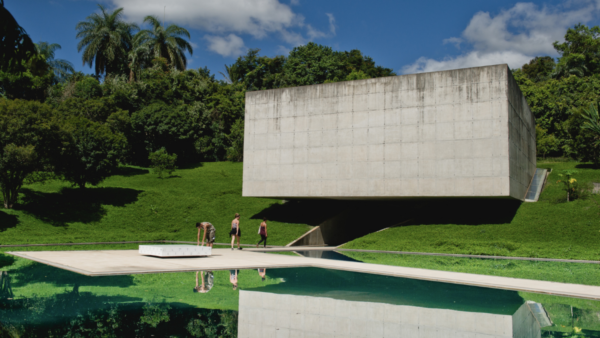
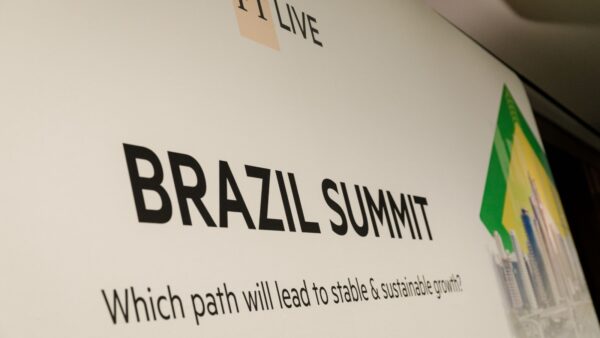
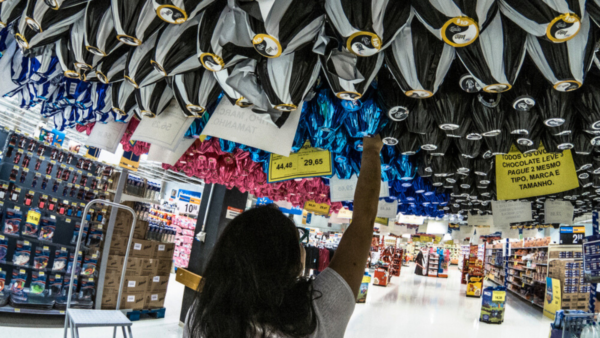



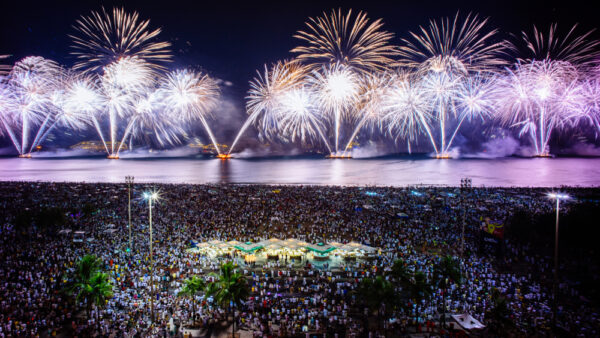
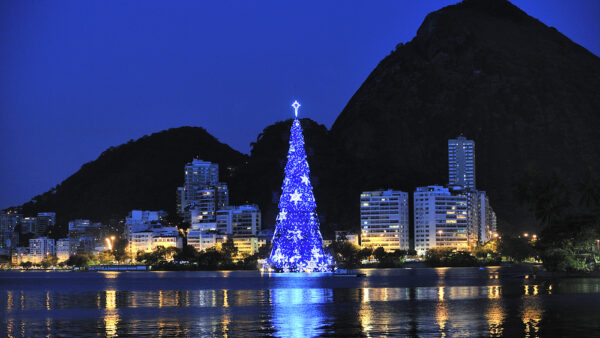
 Search
Search






































